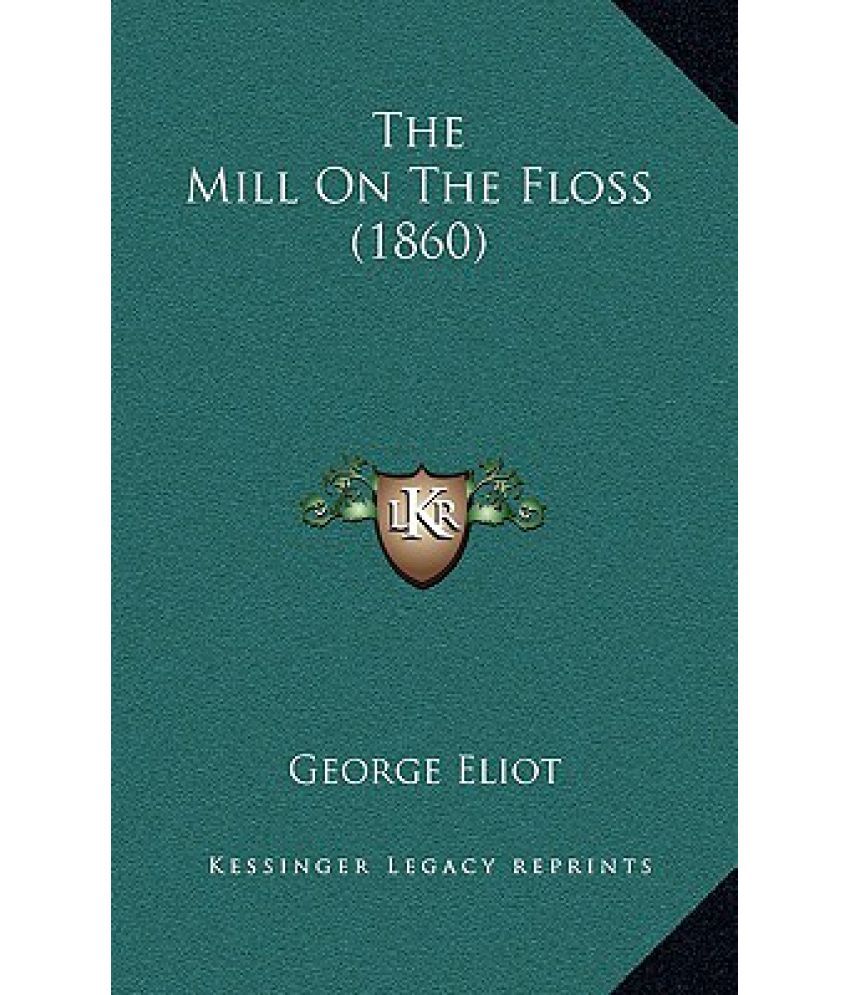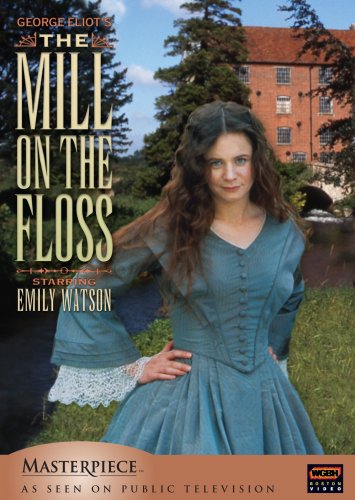

Few novelists can equal her talents for chronicling tangled motives, intricate self-deceptions, or an anguished struggle toward a noble act. In addition, Eliot’s extraordinary psychological insight enabled her to create characters who rival in depth and complexity any in English or American fiction. Moral commitment alone, however, does not make a great novelist. Nevertheless, her strong moral commitment, derived from her Evangelical Christian heritage, led her to conceive of the novel as an instrument for preaching a gospel of duty and self-renunciation. Deeply involved in the religious and philosophical ferment of her time, Eliot was probably the first major English novelist who did not subscribe, at least nominally, to the tenets of Christian theology. Few novelists can equal Eliot’s depth of intellect or breadth of learning.


More than anyone else, Eliot was responsible for making the novel, a genre which had traditionally been read primarily for entertainment, into a vehicle for the serious expression of ideas. Eliot’s work is, then, both the culmination of the panoramic Victorian novel as practiced by Charles Dickens and William Makepeace Thackeray and the beginning of the modern psychological novel as practiced by James, Lawrence, and many others. Lawrence, “It all started with George Eliot it was she who put the action on the inside,” thus giving impetus to the rise of the psychological novel, where the most significant actions derive from the motives of the characters rather than from external events. Reviewing Middlemarch in 1873, Henry James concluded, “It sets a limit, we think, to the development of the old-fashioned English novel” Middlemarch does, indeed, take what James calls the panoramic novel-“vast, swarming, deep-colored, crowded with episodes, with vivid images, with lurking master-strokes, with brilliant passages of expression,” seeking to “reproduce the total sum of life in an English village”-to an unsurpassed level of achievement. George Eliot’s (22 November 1819 – 22 December 1880) pivotal position in the history of the novel is attested by some of the most distinguished novelists.


 0 kommentar(er)
0 kommentar(er)
